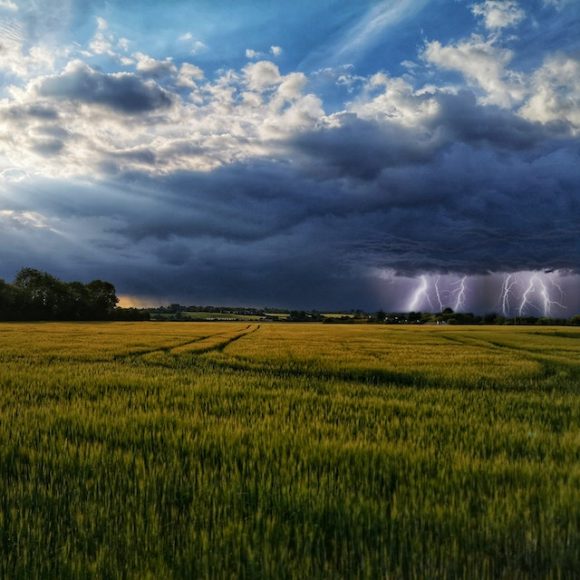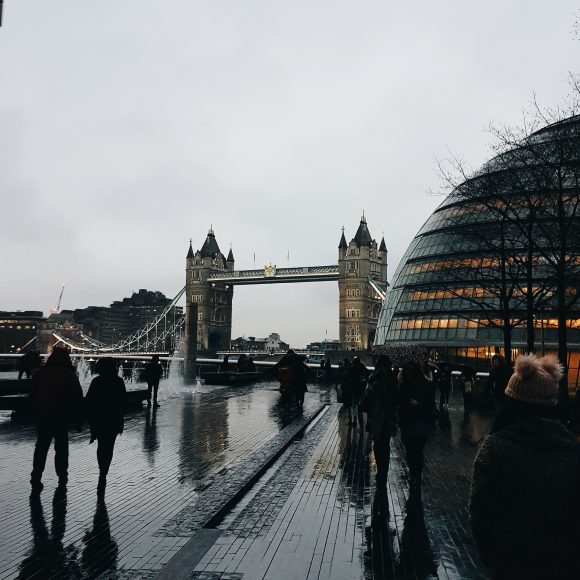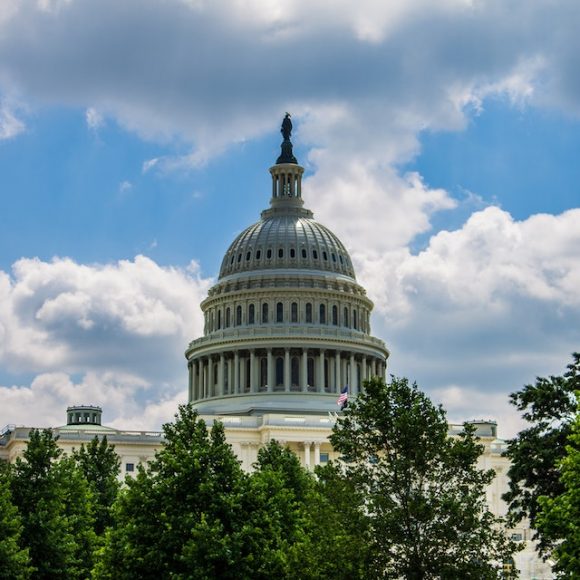Your time at the University�� You�ll�spend 50% of your time here.�You�ll�develop your theory in different learning environments including lecture theatres, smaller seminars, group tutorials completing projects,
50% of your time will be spent at university and the other 50% will be spent working.�You�ll engage in lectures, seminars,�workshops, and small grouped�learning.�Whilst out on placement, you�ll support real people in
This degree is accredited by the Association for Nutrition (AfN) and explores in detail the scientific basis of nutrition, health promotion and disease prevention. On graduation you will become a Registered Associate Nutritionist (ANutr) and you can
In your�first year, you�ll learn about human anatomy and physiology. You will explore what makes up the human body and how everything functions within it. You�ll be introduced to behavioural and social issues that you might
Your�first year�gives you a solid grounding in pharmaceutical science. You�ll find your feet in the lab and the library���learning experimental techniques, getting to grips with�powerful data and�analytical
Pharmacology covers all aspects of drugs and their uses as medicines. You�ll learn how new drugs are discovered and tested. You�ll understand why they are effective in treating disease. You�ll explore how they work at a whole body,
Philosophy explores and challenges the assumptions that frame the way we think, act and see the world around us. Here at Hertfordshire, you won�t just be learning about philosophers and understanding their theories, you�ll be doing
Philosophy explores and confronts the assumptions that frame the way we think, act and see the world around us. Creative writing offers a way for you to do this by exploring new perspectives on familiar themes, expanding your imaginative capacities,
What is it for sounds, gestures and marks on paper to have meaning? What are the various uses to which we can put language, and how does it manage to have the effects it has? How do we learn language? And how does the language we use reflect society,
Literature can offer new perspectives on familiar themes, as well as open doors to unfamiliar ideas and cultures which are temporally or spatially remote from your own. It is an ideal source for philosophical reflection, exploring and challenging












